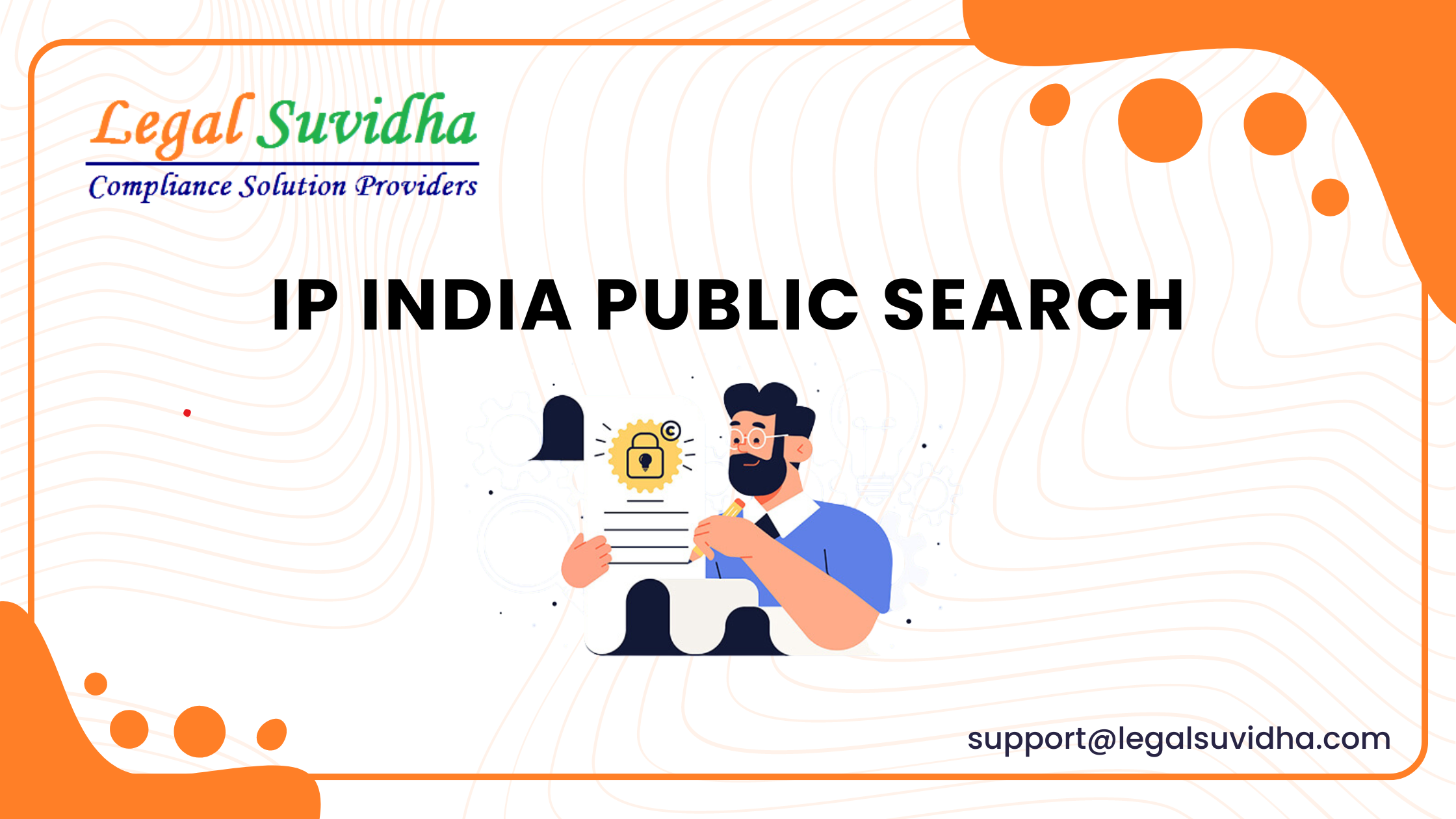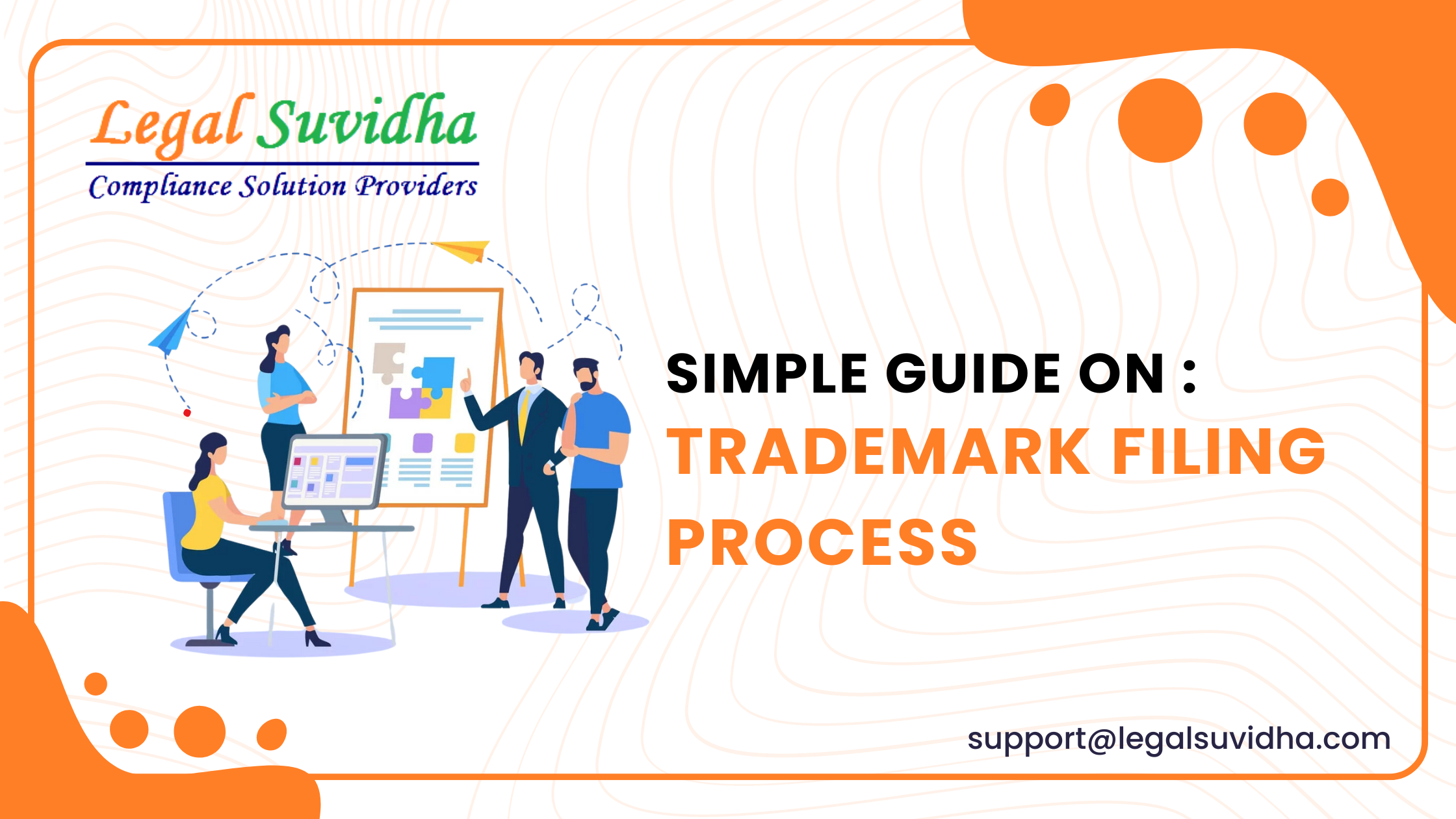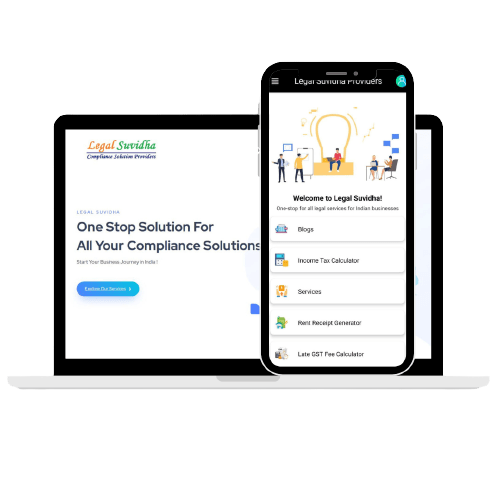How Social Media Influencers Make Money
Influencer marketers in India have a variety of income sources. By combining several, they can build a sustainable business. Here’s a comprehensive guide to how influencers in India make money:
1. Sponsored Content
Sponsored content is a primary income source for many influencers. Brands pay influencers to create and share content that promotes their products or services.
Types of Sponsored Content:
- Social Media Posts: Instagram, Facebook, Twitter.
- Blog Articles: Detailed reviews or features on their website.
- Videos: YouTube, TikTok, and other video platforms.
- Live Events: Hosting or participating in brand-sponsored events.
Example: A beauty influencer in India is paid to post a picture on Instagram showcasing a new skincare product and writes a detailed review on their blog.
2. Affiliate Marketing
In affiliate marketing, influencers earn a commission for every sale made through their unique affiliate link. This performance-based model means the more sales they drive, the more they earn.
How It Works:
- Commission-Based: Earnings depend on the number of sales.
- Trackable Links: Unique URLs to track the sales generated by the influencer.
- Variety of Products: Influencers can promote a wide range of products, from electronics to fashion.
Example: A tech influencer shares an affiliate link to a new smartphone on their YouTube channel. They earn a percentage of each sale made through that link.
3. Brand Ambassadorships
Brand ambassadorships involve long-term partnerships with brands, where influencers become the “face” of the brand and promote their products or services consistently.
Involvement:
- Sponsored Content: Regular posts promoting the brand.
- Affiliate Marketing: Sharing affiliate links to the brand’s products.
- Event Appearances: Representing the brand at events.
Example: A fitness influencer in India signs a year-long contract with a sportswear brand and regularly features their products in workout videos and social media posts.
4. Selling Products/Services
Many influencers create and sell their own products or services, leveraging their audience and expertise to drive sales.
Types of Products/Services:
- Online Courses: Teaching their niche expertise.
- Ebooks: Writing guides or books related to their field.
- Merchandise: Selling branded apparel or accessories.
- Consulting Services: Offering one-on-one advice or coaching.
Example: A financial advisor with a large following might sell an online course on budgeting and investing, specifically tailored to the Indian market.
5. Advertising Revenue
Influencers with large followings can earn money through ads displayed on their blogs, YouTube channels, or podcasts. This revenue is typically based on views or clicks.
Platforms:
- Google AdSense: For blogs and websites.
- YouTube Partner Program: For video content.
- Podcast Ads: Sponsors pay for ad slots in podcast episodes.
Example: A travel blogger earns revenue from Google AdSense ads displayed on their travel blog, as well as ads played before and during their YouTube travel vlogs featuring destinations across India.
6. Speaking Engagements
Influencers with expertise in a particular niche can get paid to speak at conferences, workshops, or other events.
Opportunities:
- Conferences: Industry-specific events.
- Workshops: Teaching skills or sharing knowledge.
- Panel Discussions: Participating in discussions with other experts.
Example: A digital marketing influencer is invited to speak at a marketing conference in Mumbai, sharing insights on the latest social media trends.
7. Consulting Services
Some influencers offer consulting services to brands or other influencers, leveraging their expertise in social media marketing, content creation, or audience engagement.
Services:
- Brand Strategy: Helping brands develop social media strategies.
- Content Creation: Advising on effective content strategies.
- Audience Engagement: Teaching methods to grow and engage followers.
Example: A seasoned fashion influencer in India offers consulting services to emerging fashion brands, helping them build a strong online presence.
8. Fan Funding
Platforms like Patreon allow fans to directly support their favorite influencers through monthly subscriptions or one-time donations. This generates recurring revenue and builds a loyal community.
Platforms:
- Patreon: Offers tiered memberships with exclusive content.
- Buy Me a Coffee: Fans can make one-time donations.
- Ko-fi: Similar to Buy Me a Coffee with additional membership options.
Example: An independent musician uses Patreon to offer exclusive behind-the-scenes content, early access to new songs, and live Q&A sessions to their most dedicated fans.
9. Paid Collaborations
Influencers can collaborate with other influencers or brands on joint projects, such as co-creating products, hosting events, or creating content together. This can lead to new opportunities and expanded reach.
Collaborations:
- Co-Creating Products: Launching a new product line together.
- Hosting Events: Jointly hosting workshops or webinars.
- Creating Content: Collaborating on videos, articles, or podcasts.
Example: Two popular fitness influencers in India collaborate to create a series of workout videos, combining their expertise and sharing audiences.
10. Bonuses and Incentives
Some brands offer bonuses or incentives to influencers who exceed expectations or achieve specific goals, such as reaching a certain number of sales or generating a high level of engagement.
Types of Incentives:
- Sales Milestones: Bonuses for hitting sales targets.
- Engagement Goals: Incentives for high engagement rates.
- Special Campaigns: Extra rewards for successful campaigns.
Example: A beauty brand gives a bonus to an influencer who not only promotes a new product but also drives a significant increase in sales within a set period.
Registration, Compliance, and Taxability of Incomes for Influencers in India
As the influencer marketing industry continues to grow in India, it is essential for influencers to understand the registration, compliance, and tax implications of their earnings. This comprehensive guide provides detailed information on the necessary registrations, compliance requirements, and tax liabilities for influencers.
1. Essential Registrations for Influencers
a. PAN Card (Permanent Account Number)
A PAN card is a mandatory requirement for all financial transactions and tax filings in India. It serves as a unique identification number for individuals and entities.
b. GST Registration (Goods and Services Tax)
Influencers must register for GST if their annual turnover exceeds INR 20 lakhs (INR 10 lakhs for northeastern states). GST registration allows influencers to charge and remit GST on services provided.
c. Bank Account
Having a separate bank account for business transactions can help influencers manage their finances better and ensure compliance with tax regulations.
2. Compliance Requirements for Influencers
a. Maintaining Proper Books of Accounts
Influencers should maintain accurate records of all income and expenses. This includes invoices, receipts, bank statements, and other financial documents. Proper bookkeeping ensures transparency and helps in accurate tax filings.
b. Invoicing
Influencers must issue proper invoices for services rendered. These invoices should include:
- Name, address, and GSTIN of the influencer.
- Name and address of the client.
- Description of services provided.
- Amount charged, including GST.
- Invoice number and date.
c. Filing GST Returns
Influencers registered under GST must file regular GST returns. The key returns to be filed are:
- GSTR-1: Monthly or quarterly return for outward supplies.
- GSTR-3B: Monthly summary return.
- GSTR-9: Annual return.
d. Income Tax Returns
Influencers must file their income tax returns (ITR) annually, reporting all sources of income. The due date for filing ITR is usually July 31st of the assessment year.
3. Taxability of Influencer Income
a. Income Tax
Income earned by influencers from various sources such as sponsored content, affiliate marketing, and brand collaborations is subject to income tax. Here’s a detailed breakdown:
i. Tax Slabs for Individual Taxpayers (Below is Old Slab, New Slab is different)- any one to be selected
- Up to 2.5 lakhs: Nil
- 2.5 lakhs to 5 lakhs: 5%
- 5 lakhs to 10 lakhs: 20%
- Above 10 lakhs: 30%
ii. Deductions and Exemptions:
- Section 80C: Deductions up to INR 1.5 lakhs for investments in specified instruments such as PPF, ELSS, and life insurance premiums.
- Section 80D: Deductions for health insurance premiums paid for self, spouse, children, and parents.
- Standard Deduction: INR 50,000 for salaried individuals.
iii. TDS (Tax Deducted at Source):
- Companies/brands may deduct TDS when making payments to influencers.
- The TDS rate for professional services is generally 10% if the annual payment exceeds INR 30,000.
b. GST (Goods and Services Tax)
GST is applicable on the services provided by influencers if they are registered under GST.
i. GST Rate:
- The current GST rate for services is 18%.
ii. Threshold for Registration:
- Influencers must register for GST if their annual turnover exceeds INR 20 lakhs (INR 10 lakhs for northeastern states).
iii. Filing GST Returns:
- GSTR-1: Monthly or quarterly return for outward supplies.
- GSTR-3B: Monthly summary return.
- GSTR-9: Annual return.
4. Steps to Ensure Compliance and Efficient Tax Management
a. Hire a Professional
Engaging a chartered accountant (CA) or tax consultant can help influencers navigate the complexities of tax compliance and ensure accurate filings.
b. Use Accounting Software
Using accounting software can streamline the bookkeeping process and ensure accurate record-keeping.
c. Stay Updated with Tax Laws
Tax laws and regulations frequently change. Influencers should stay informed about the latest updates to ensure compliance.
d. Plan for Taxes
Setting aside a portion of income for taxes can prevent last-minute financial stress. Understanding tax liabilities and planning accordingly is crucial for smooth financial management.
Conclusion
By diversifying their income streams, influencer marketers in India can create a stable and sustainable business, ensuring they are not reliant on any single source of income. This approach helps them adapt to market changes and continue growing their influence and revenue.
Influencers in India must understand the importance of registration, compliance, and taxability of their income to maintain a successful and legally compliant business. By following the guidelines mentioned above, influencers can ensure they meet all regulatory requirements and manage their finances efficiently.
For any questions or inquiries, connect with us at [email protected] or [email protected]. Stay updated with our latest blogs and articles for more insights and tips.









